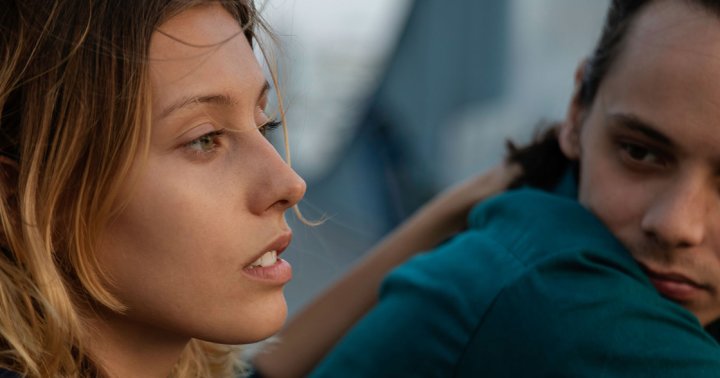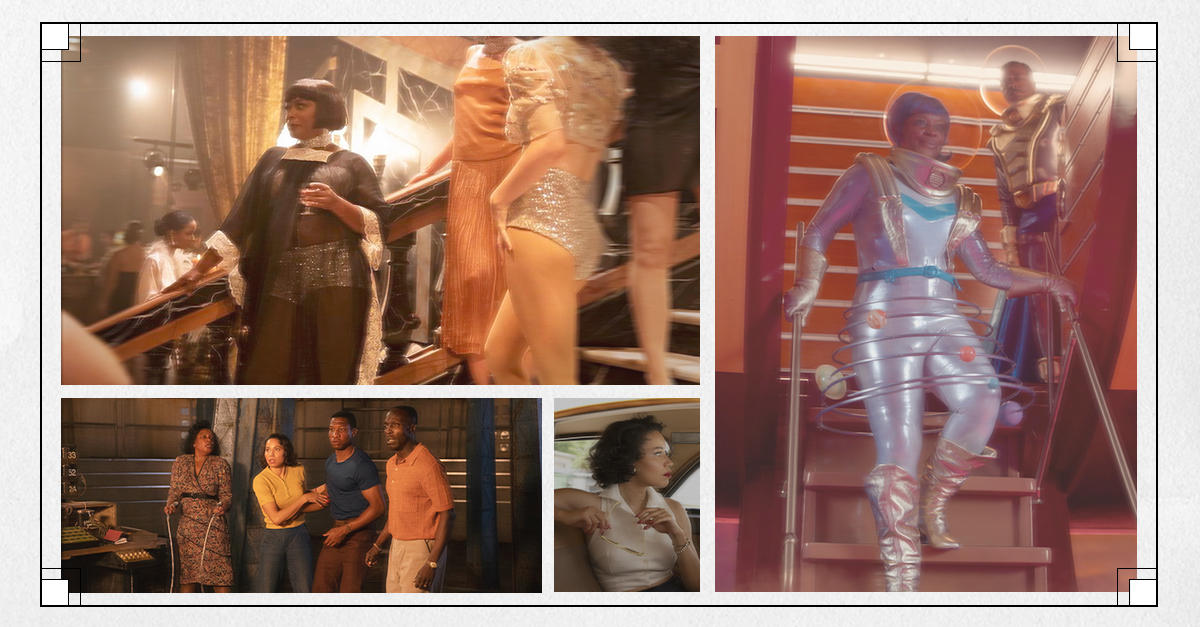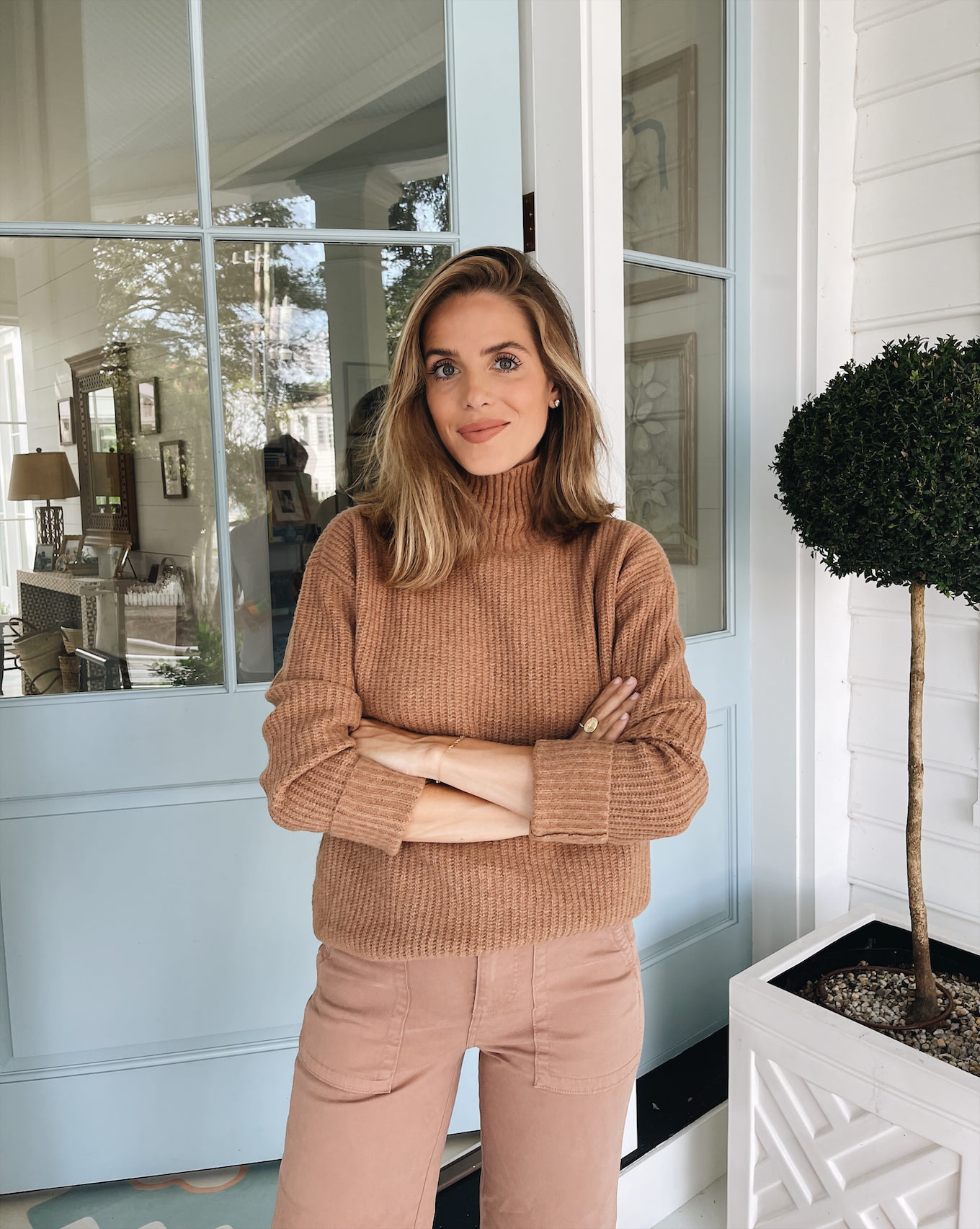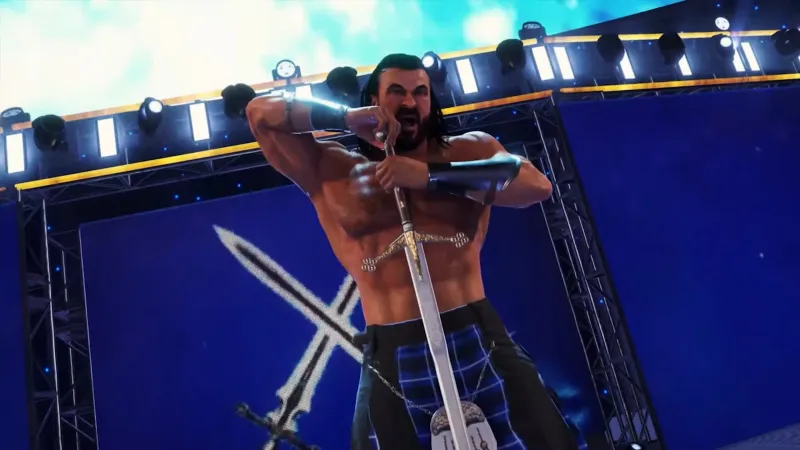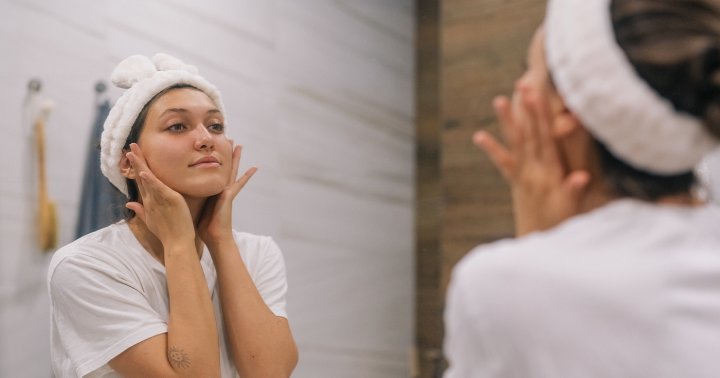Conversations about end-of-life healthcare decisions aren’t easy. Just ask Tatiana Fofanova, PhD, founder of Koda Health. “About 80% of the people we speak to are actually relieved when we talk to them,” she said. “It’s a conversation they need to have but they tend to avoid it because they don’t want to sound morose.” But fewer than one in three people have an advance directive. Grit Daily interviewed Dr. Fofanova for our Like a Boss podcast to learn more about her innovative new software solution.
Many affluent people craft advance directives as part of their estate planning. However, the majority of low-income people do not have any legal documentation specifying their end-of-life needs. Planning for adverse health is something that only a small portion of the population do. In the situations where the individual is unable to speak, having an advance directive is critical. “This lack of access is tragic for families,” lamented Dr. Fofanova, “But it’s also horrific for payors where hospitals lose billions of dollars each year providing treatments that patients don’t even want.”
A healthcare solution
So how does their intake software work? They help patients walk through their daily values including stating their qualify of life preferences. Answer are collected, assembled, and shared with doctors and lawyers. Medicare patients can enlist this service at no charge. In this way, healthcare teams are clear about the patient’s wishes and can make informed treatment decisions. “The most difficult conversations,” stated Fofanova, “Happen when it’s too late. The patient is in a medical crisis situation and they are running out of options. At that time, decisions have a lot more gravity and they are much harder to digest.”
When asked how she evolved from pediatric research during her doctorate studies to end-of-life healthcare planning, Dr. Fofanova offered an interesting perspective. “When I was doing my PhD, I was enrolling very sick children in clinical trials. It was then that I became interested in informed consent because of all those very difficult decisions that parents were being forced to make.”
Asking founders to offer advice to other entrepreneurs is a hallmark of the Grit Daily Like a Boss podcast. Rarely are two answers the same. “Be prepared,” she said, “It sucks. Starting a company is significantly harder than it looks and it always takes longer. The best thing that you can do is invest in people that are different than you. Choose missionaries over mercenaries. It’s going to take an enormous amount of resilience.” Dialing into that resilience a bit further, we probed on what she’s doing differently these days and wishes she started doing sooner, “Actively expressing gratitude.”
To hear more, tune in below.
Journalist verified by
![]()
Dr. Loralyn Mears is a Columnists and Podcast host at Grit Daily. She is a content marketer, founder of the HRtech startup, STEERus, specializing in personalized training and coaching in soft skills. In her consultancy practice, she helps companies with their go-to-market strategies, content and more. Loralyn spent over a decade playing with mosquito DNA, got her PhD, decided she would rather market science than be at the bench and has never looked back. Along the way, she’s wined and dined her way around the globe. She’s authored two books, including the 2018 Gold Medal Indie Book award-winning, One Sip At a Time: a Memoir and the hard science thriller, “The Battle for Humanity: How Science Saved Us.”
Check out Grit Daily’s LIKE A BOSS podcast which features fascinating guests with snappy insights!
Read more
Source link






